Former President Donald Trump has spent quite a lot of time railing against so-called "fake news" for the last few years, and he's now attacking the Pulitzer Prize Board over its 2018 National Reporting awards.
In 2018, the board awarded Pulitzers to The New York Times and The Washington Post for their coverage of Russian interference in the 2016 general election and its connection to Trump, his campaign, and associates.
Now, three years after the fact, Trump insists that the stories were based on "false reporting" and a "complete lack of evidence."
In a letter addressed Bud Kliment, the interim administrator of the awards, Trump claimed he's been the target of a smear campaign.
"As has been widely publicized, the coverage was no more than a politically motivated farce which attempted to spin a false narrative that my campaign supposedly colluded with Russia despite a complete lack of evidence underpinning this allegation."
Trump went on to describe the New York Times and Washington Post coverage of his Russian ties as little more than a "debunked Russian collusion conspiracy theory."
He then attacked the free press more broadly, claiming:
"For two years, these institutions feverishly pushed one Russia story after another and – despite lacking any credible evidence – attempted to persuade the public that my campaign had colluded with the Russian government."
Trump concluded by calling on the Pulitzer Board to "rectify" the matter by revoking the awards.
"Ultimately, my hope is that the receipients for the 2018 Pulitzer Prize in National Reporting, The New York Times and The Washington Post, will voluntarily surrender this award in light of recent revelations."
"However, should they fail to do so, I would expect that you will take the necessary steps to rectify the situation, including stripping the recipients of their prize and retracting the false statements that remain on the Pulitzer website."
"Without holding the recipients to such a high standard of accountability, the integrity of the Pulitzer Prize namesake stands to be wholly compromised."
Notably, Trump attempted to discredit this news coverage by pointing to the indictment of Michael Sussmann, a lawyer who had worked for Hillary Clinton's presidential campaign.
Trump said that Sussman had misdirected Special Counsel John Durham about what he and others believed were suspicious communications between computer servers at the Russian Alfa-Bank and the Trump Organization.
Last month, the FBI charged Sussman with lying, saying that he was alleging he falsely told FBI general counsel James Baker during a September 2016 meeting that he was not representing a client for their discussion.
Trump and his supporters had claimed Sussman was working on behalf of the Clinton's campaign, which Sussman denied.
The connections between Alfa-Bank and the Trump Organization, which were originally reported by Slate in 2016, have not been proven, though investigations continue.
Trump, who publicized the letter via his spokeswoman Liz Harrington, was widely criticized.
Trump has continuously dismissed the assessment from U.S. intelligence it was confident Russia was behind the hacks of internal records at the Democratic and Republican National Committees and has suggested the conclusion of Russian interference was politically motivated.
However, then-Special Counsel Robert Mueller's report was quite damning.
While the report did not find sufficient evidence the campaign "coordinated or conspired with the Russian government in its election-interference activities" to level its own charges, it stated Russian interference in the 2016 presidential election was illegal and the Trump campaign welcomed and encouraged these efforts.
The report also found Trump tried many times to obstruct the investigation, but his associates often "refused to carry out his orders."

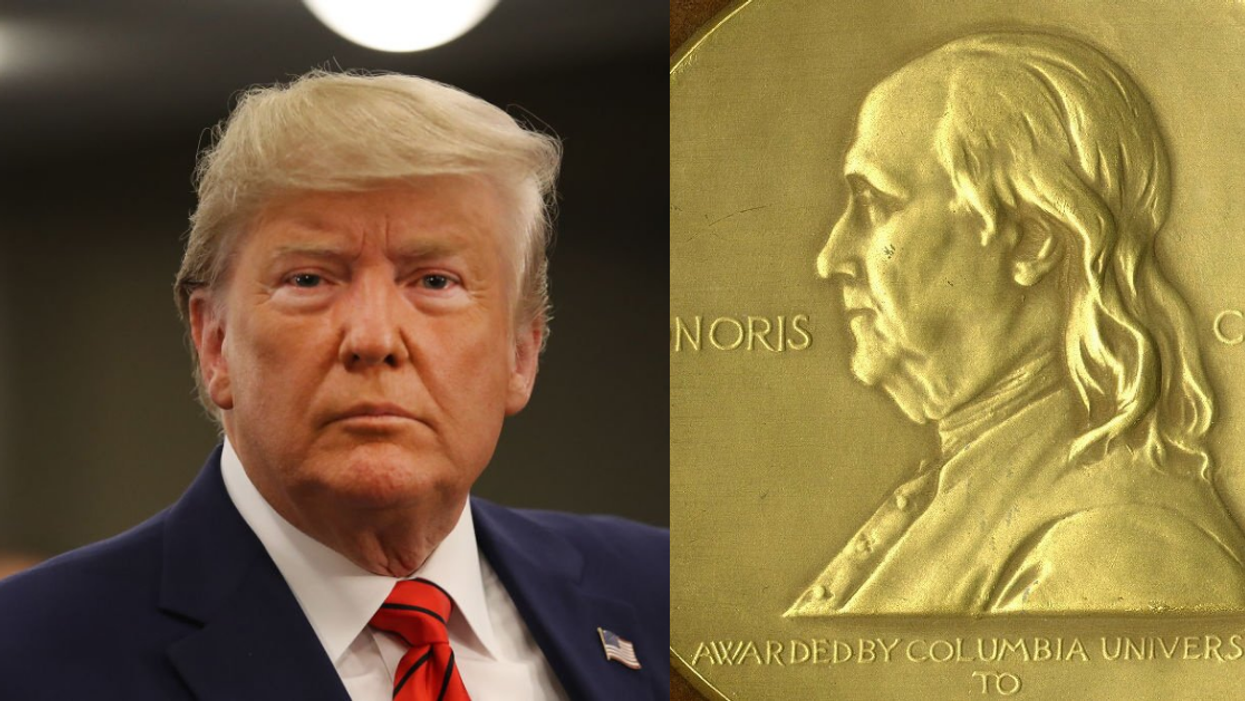


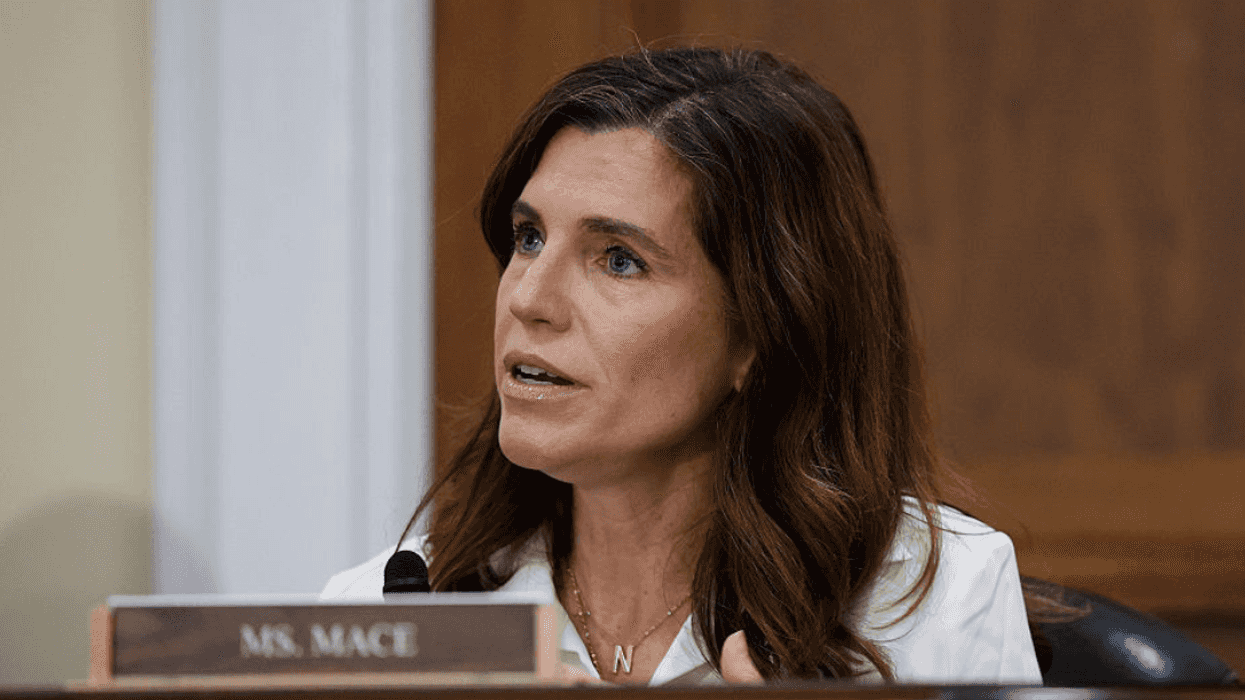

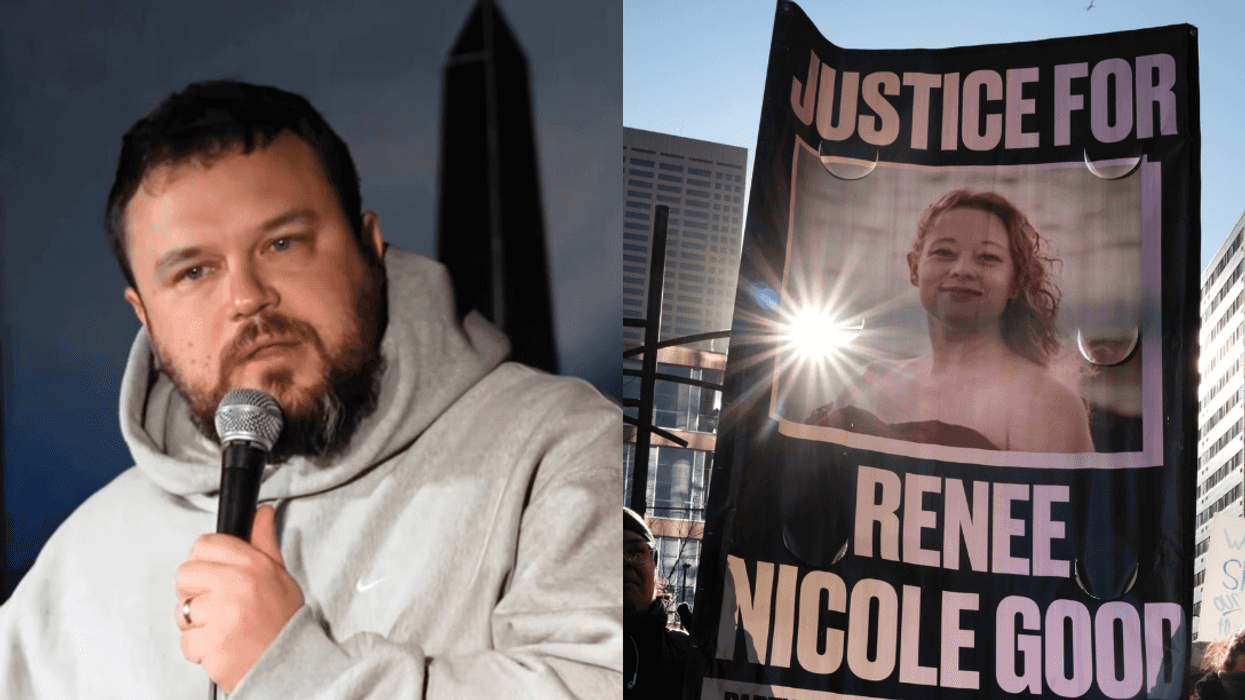
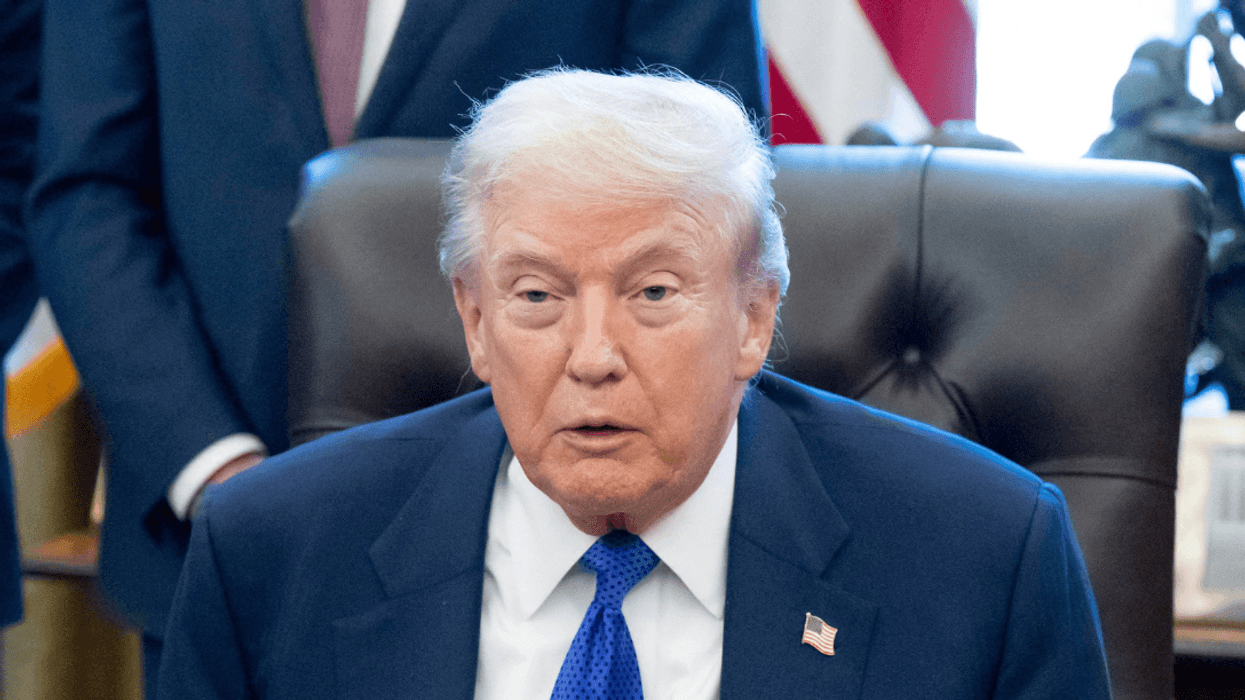
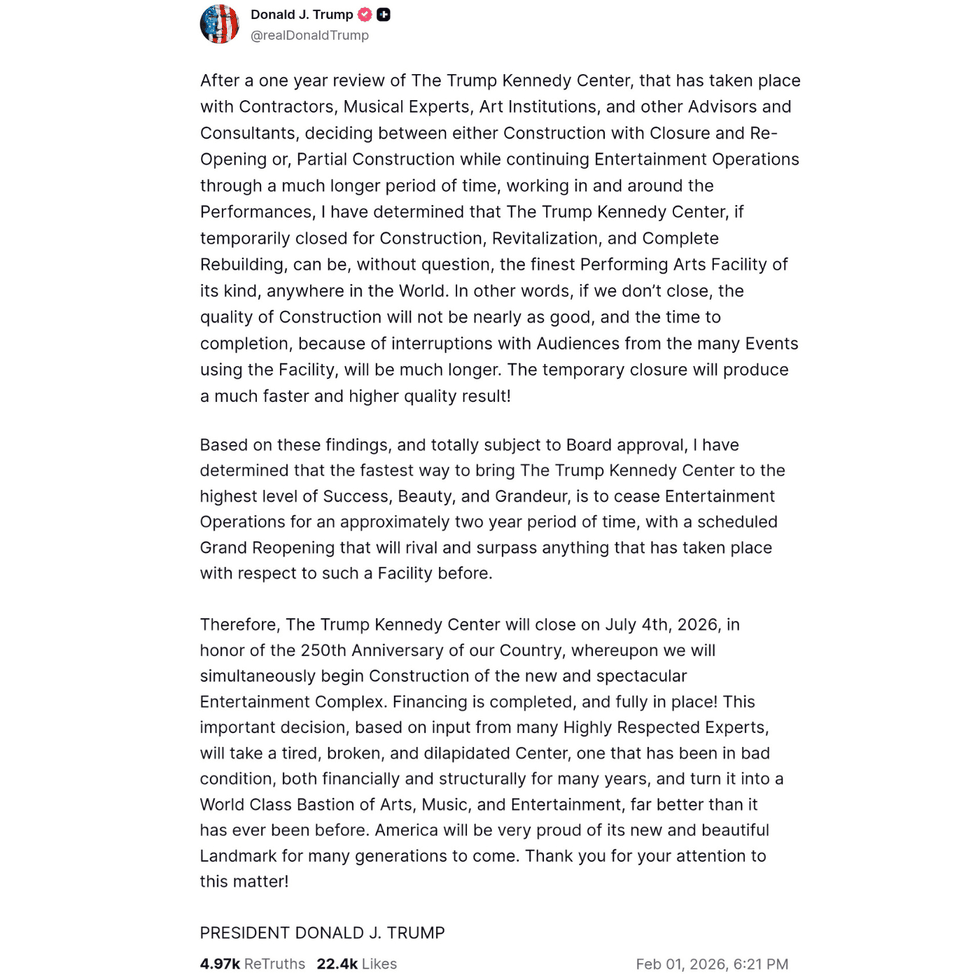 @realDonaldTrump/Truth Social
@realDonaldTrump/Truth Social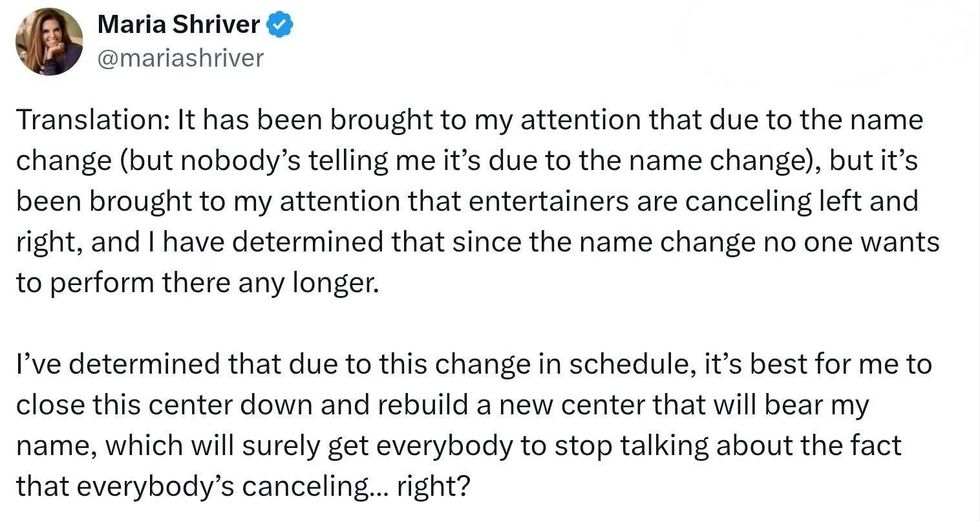
 @pamspaulding/Bluesky
@pamspaulding/Bluesky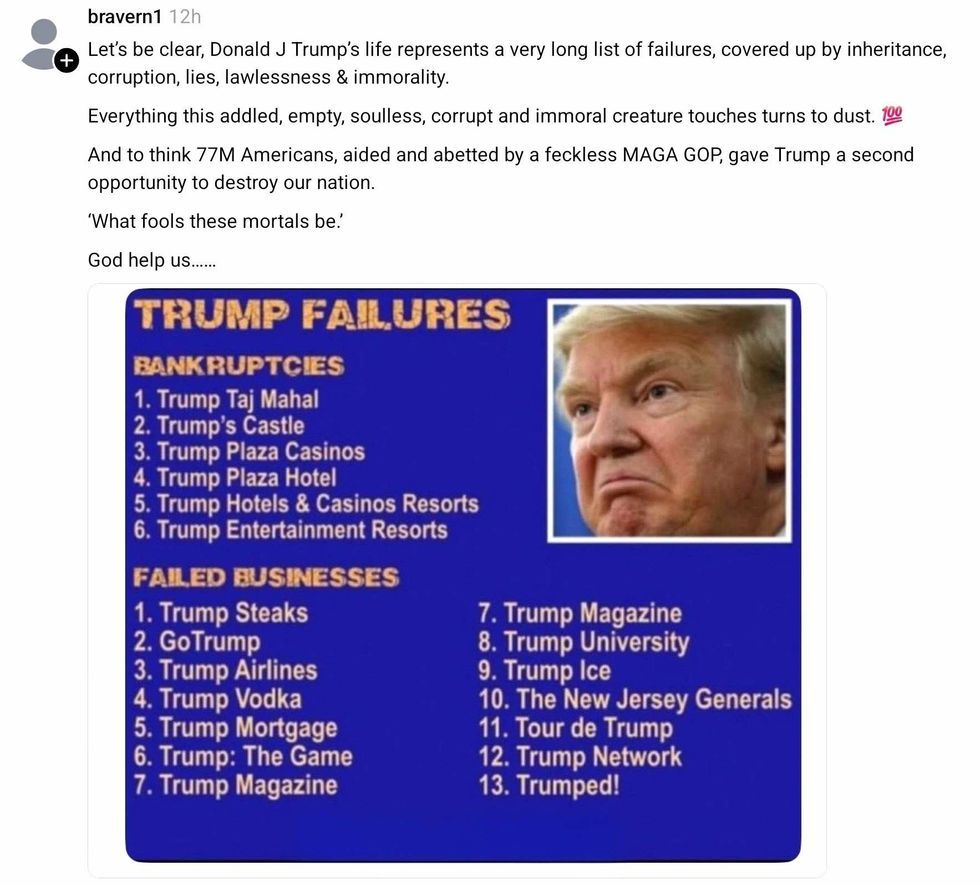 @bravern1/Threads
@bravern1/Threads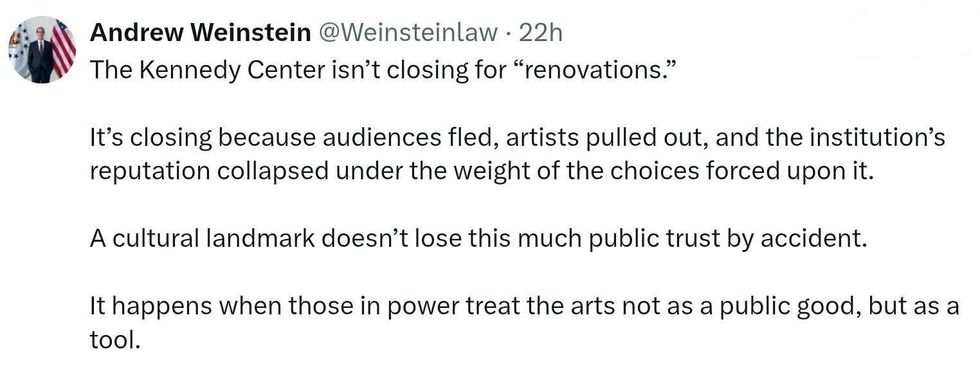 @WeinsteinLaw/X
@WeinsteinLaw/X
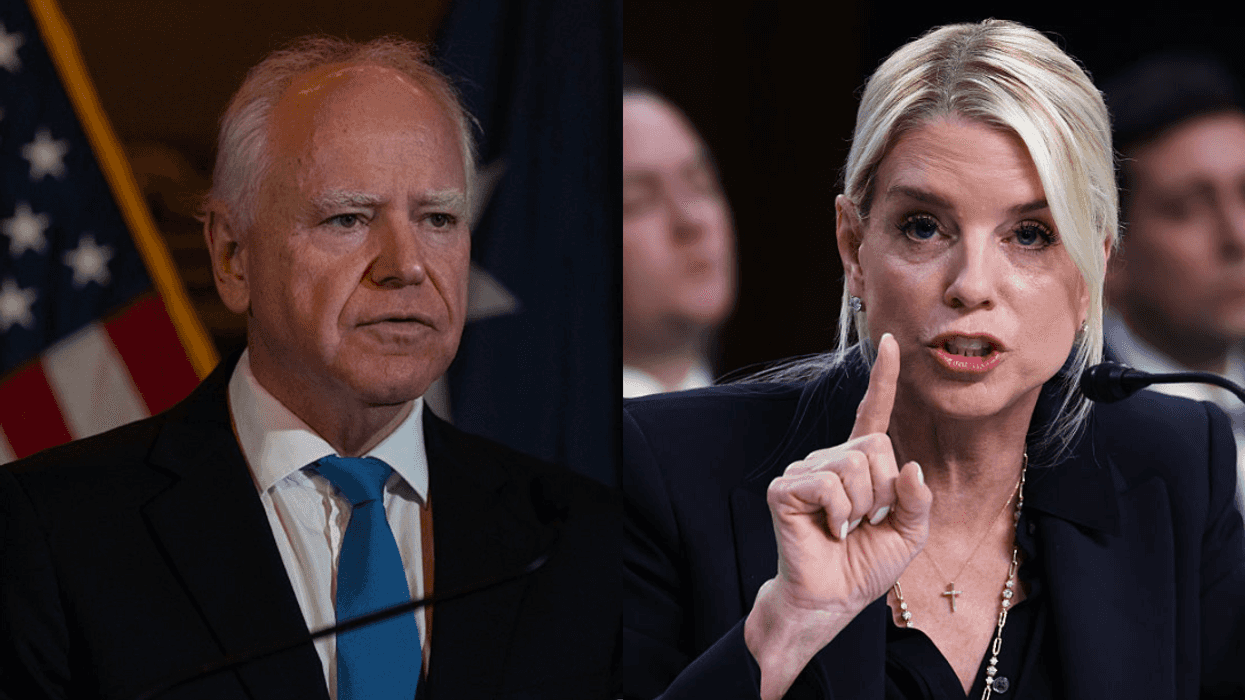




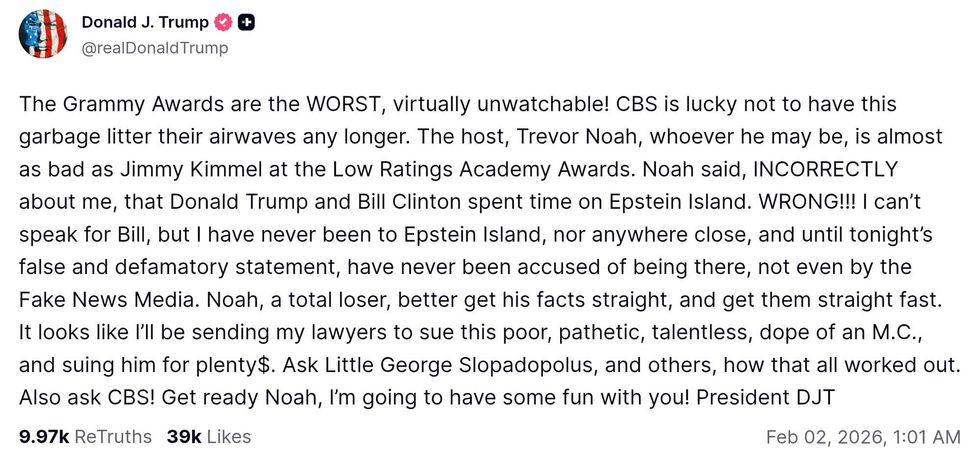 @realDonaldTrump/Truth Social
@realDonaldTrump/Truth Social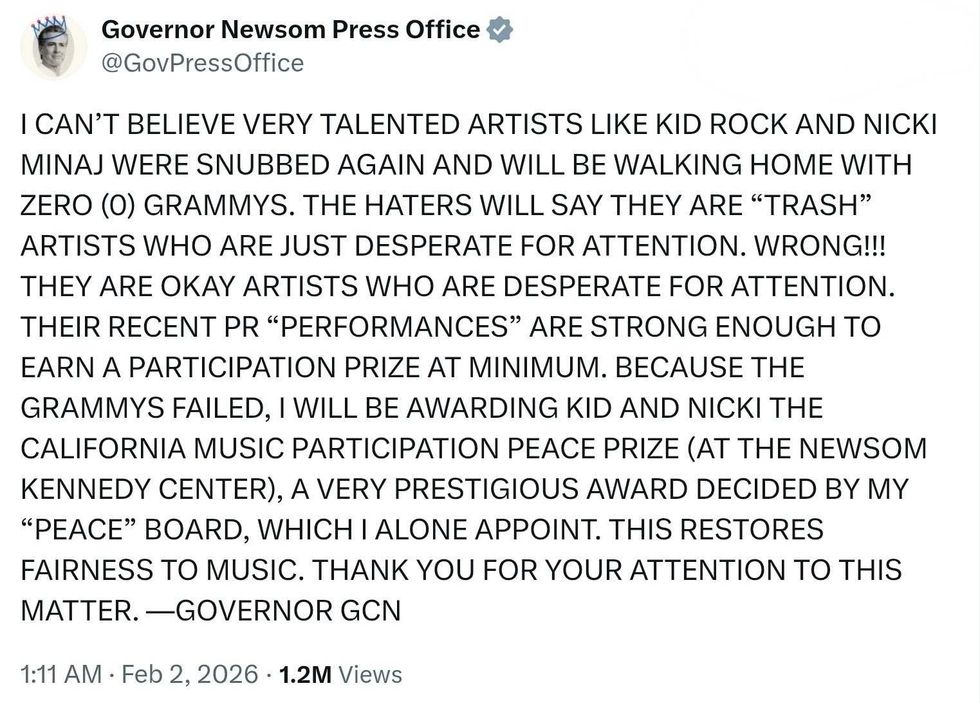 @GovPressOffice/X
@GovPressOffice/X Amber Punch Brown/Facebook
Amber Punch Brown/Facebook David Schwegman/Facebook
David Schwegman/Facebook Alison McKay Campbell/Facebook
Alison McKay Campbell/Facebook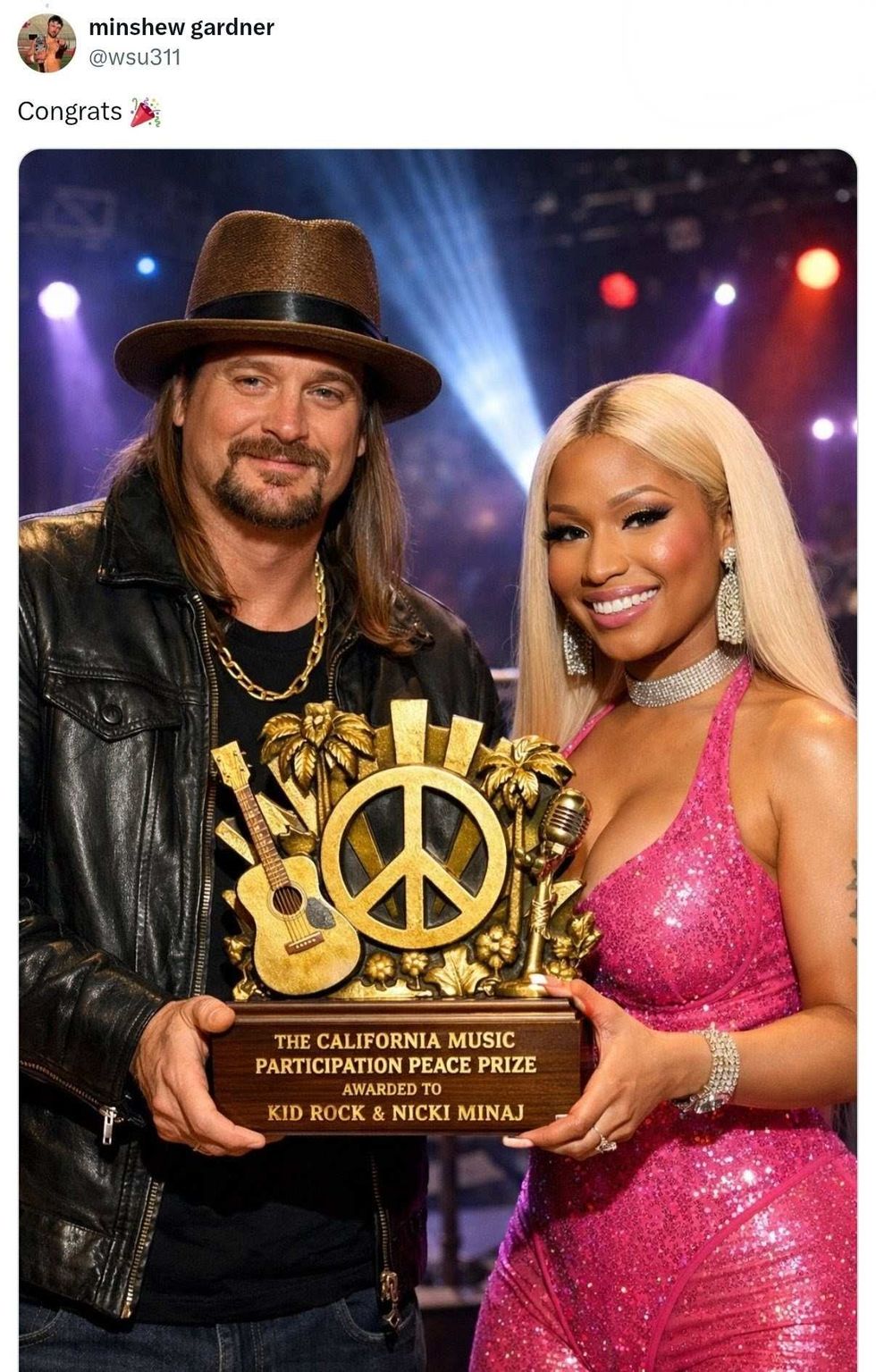 @wsu311/X
@wsu311/X Kevin Elmore/Facebook
Kevin Elmore/Facebook
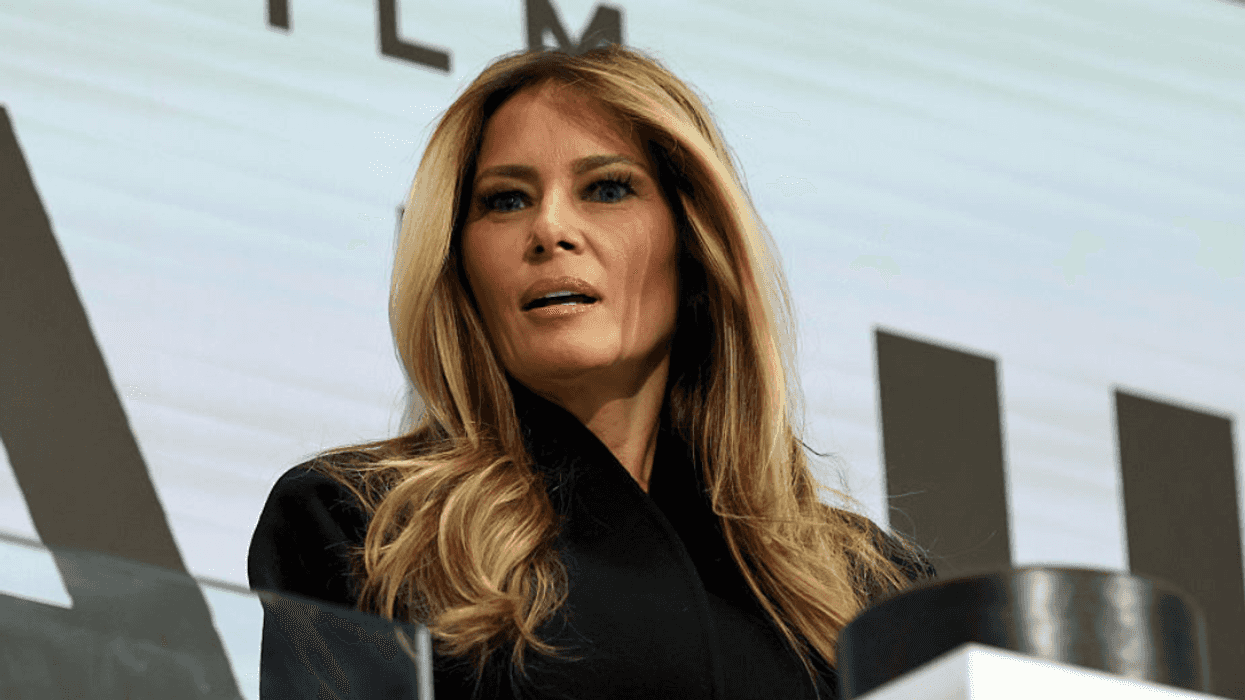
 @obamaatredrobin/X
@obamaatredrobin/X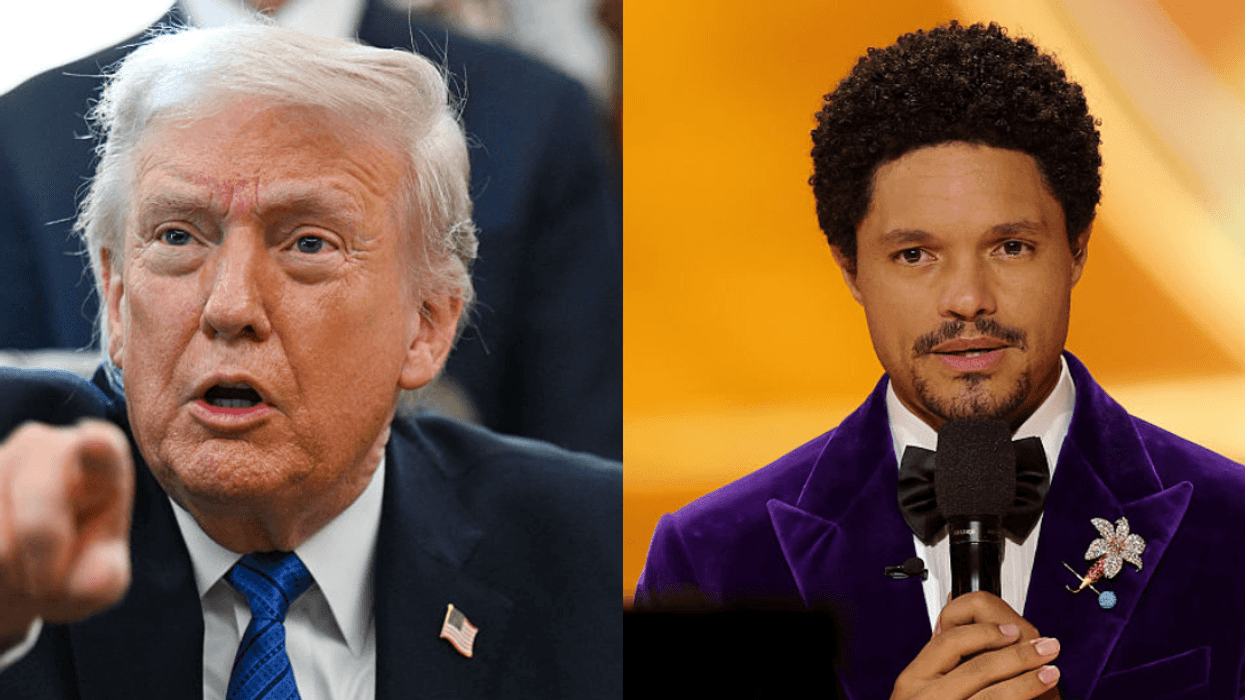
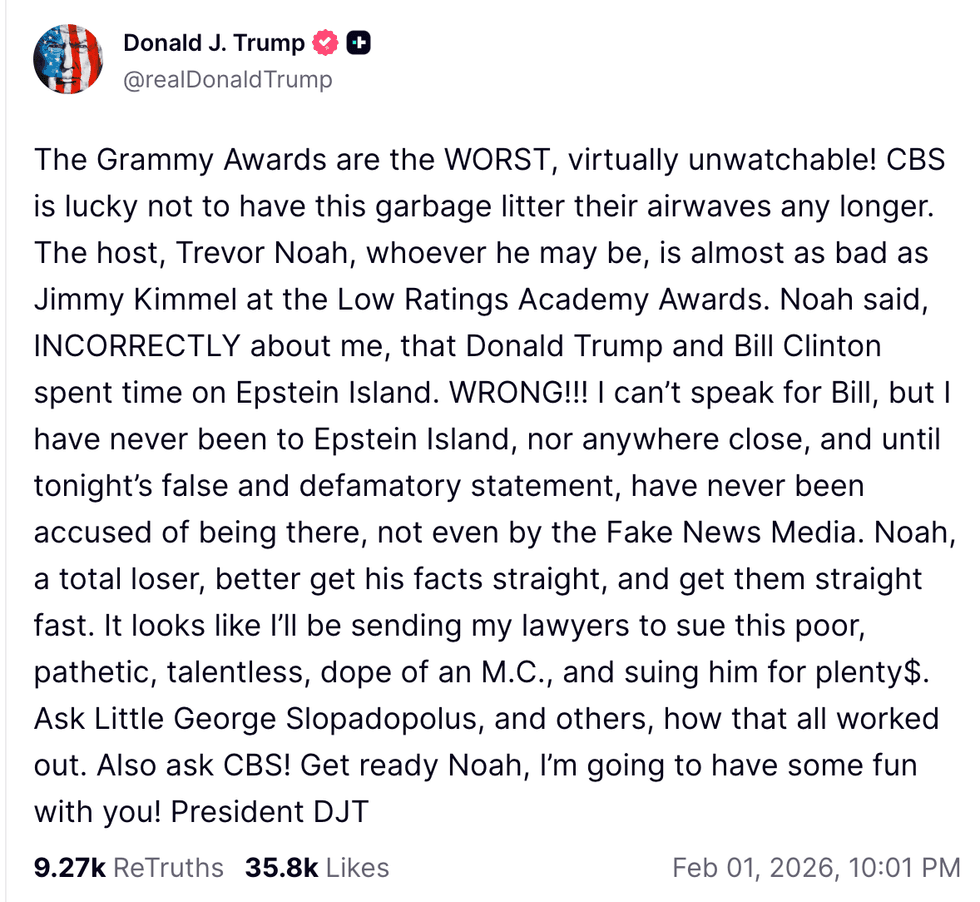 @realDonaldTrump/Truth Social
@realDonaldTrump/Truth Social